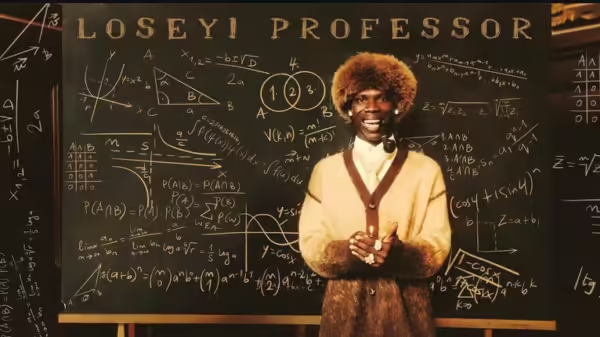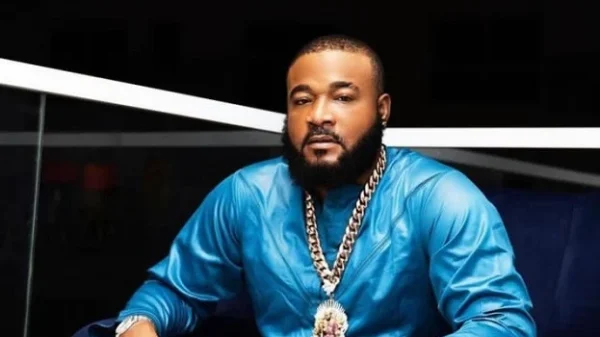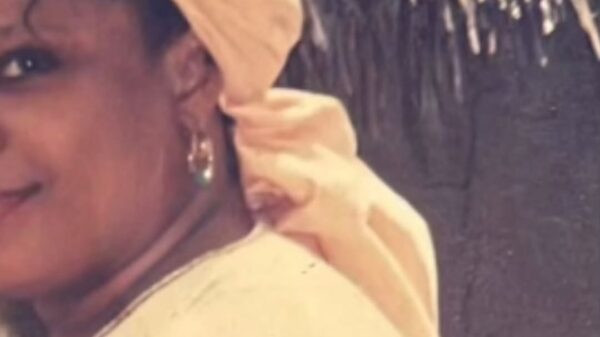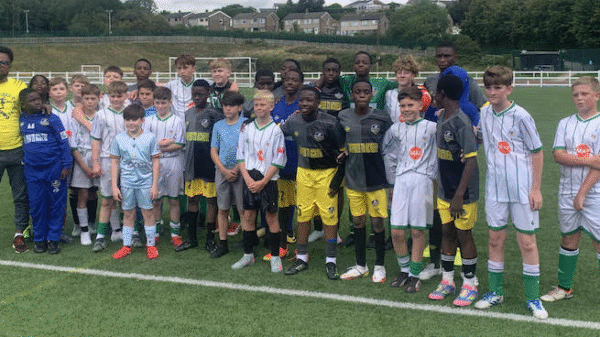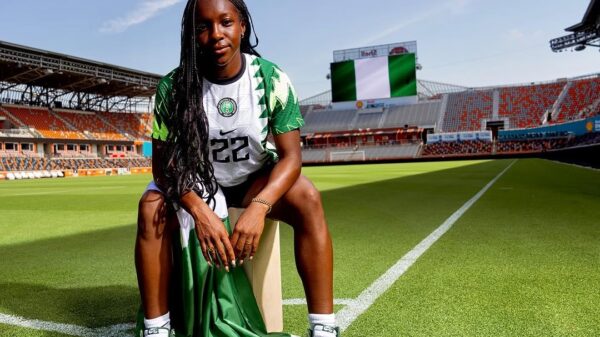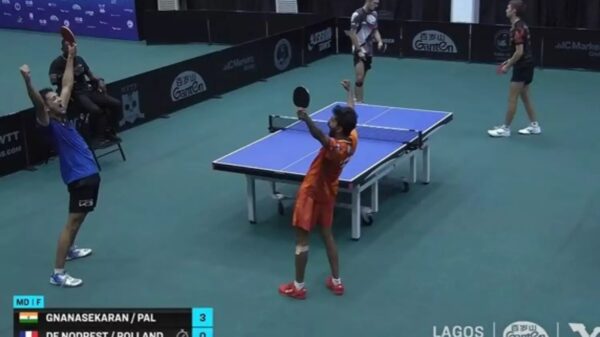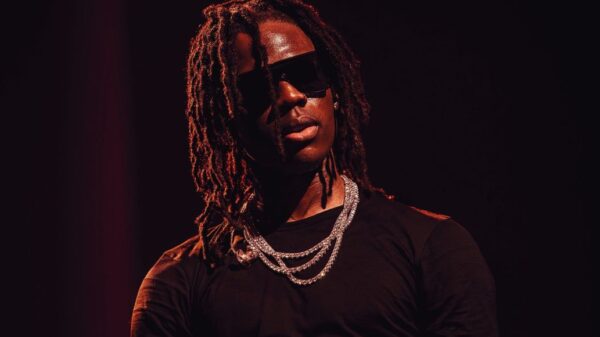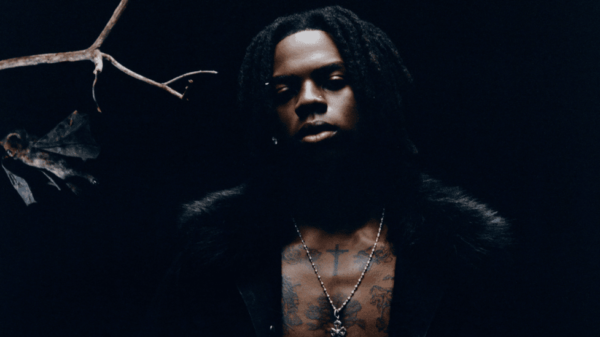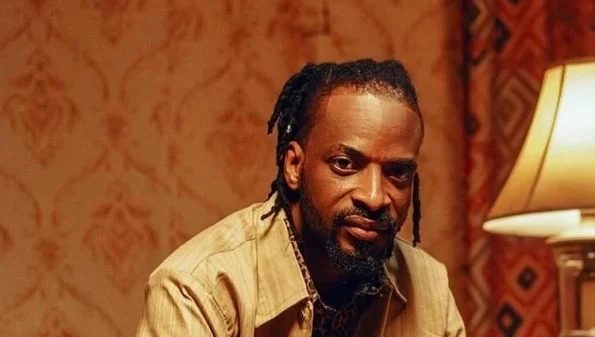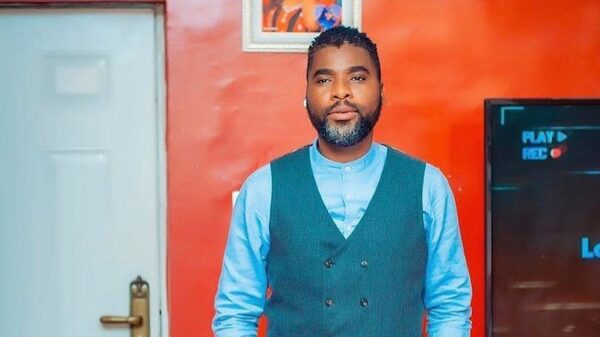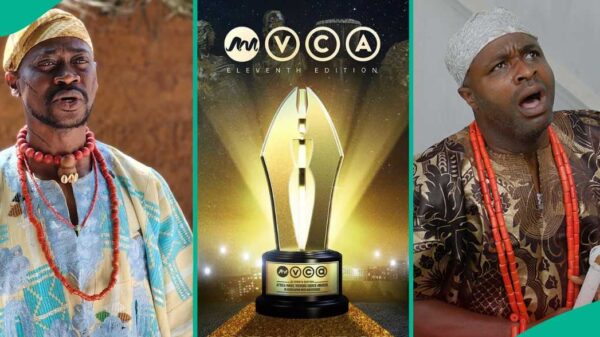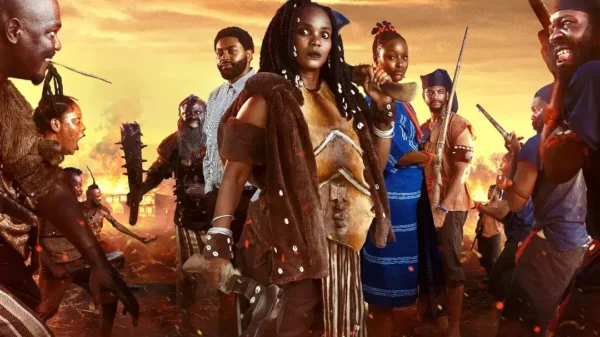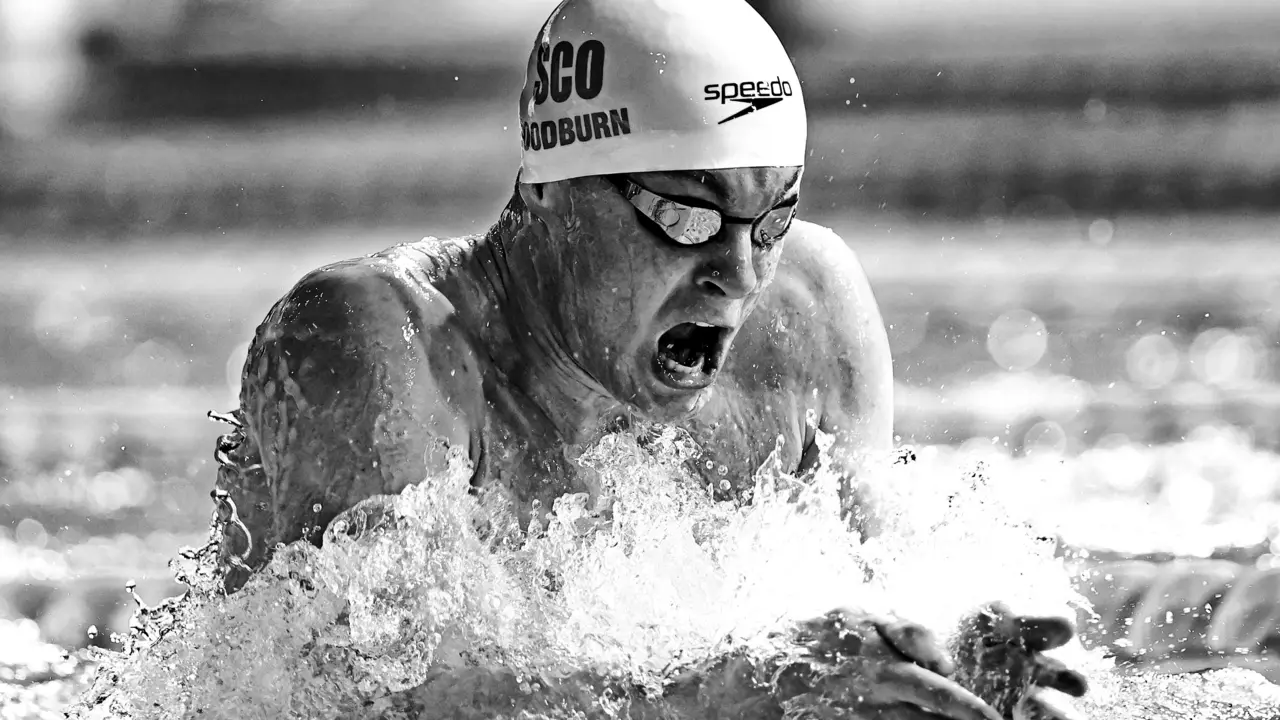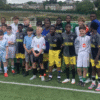A year ago, Archie Goodburn’s life changed forever — not with a starting whistle, but with a phone call beside the pool where he’s trained most of his life.
The 24-year-old Scottish swimmer, who holds the national 50m breaststroke record, was dreaming of competing at the Paris Olympics. But unusual health symptoms — seizures, numbness, and eerie episodes of déjà vu — had disrupted his training. After a battery of tests, a call came through while he was poolside at Edinburgh’s Commonwealth Pool. He called the number back.
And in that moment, the dream shifted. Archie Goodburn was told he had brain cancer.
“It’s a moment I’ll never forget,” Goodburn recalls. “I was sitting at the edge of the pool where I’ve trained since I was a kid. To hear those words there — it felt surreal.”
A Diagnosis That Changed Everything
At just 22, Archie was confronted with a terrifying reality: brain cancer is the biggest cancer killer of people under 40. Further tests revealed not just one, but three low-grade tumours. They are inoperable, having spread too intricately through his brain.
“It was utter shock,” he says. “To go from being a healthy, elite athlete to suddenly being told you’ve got this ticking time bomb in your head that could turn at any moment — it’s impossible to describe.”
Yet, in the face of devastating news, Goodburn is not giving up. Not on his sport. Not on life. And not on raising awareness about a cancer that receives just 1% of national cancer research funding, despite being one of the deadliest in terms of years of life lost.
‘I’m Lucky. I’ve Got Time to Shout About This’
Goodburn’s case is unusual. His tumours are not glioblastomas — the most aggressive form of brain cancer — and that gives him some time. His neurosurgeon, Imran Liaquat, says prognosis could range from 3 to 20 years. But that uncertainty is both a burden and a motivator.
“I know there are people who get diagnosed and only have a few months left,” Goodburn says. “They don’t have the luxury of time to raise awareness. I do. So I will.”
With his sport giving him a platform and purpose, Goodburn has become a vocal advocate for better funding, more research, and greater understanding of the brutal reality of brain cancer — especially in young people.
“There are days I wake up feeling hopeful, like something out there might help. Other days, I wake up and remember I have brain cancer. That there’s an end point. And it’s earlier than it should be.”
Still Chasing Gold
Despite everything, Archie is not stepping away from swimming — not yet. He’s training for the World University Games this summer and has his eyes set on next year’s Commonwealth Games in Glasgow. Just this weekend, he’s set to defend his Scottish 50m breaststroke title — live on the BBC Sport website, app, and iPlayer — and remains the strong favourite after winning silver at the British Championships in April.
Even within weeks of his brain biopsy surgery, Goodburn returned to the pool and won a national title. By the end of last year, he had equalled his personal best at the World Short Course Championships.
His long-time coach Mat Trodden watches in awe as Archie continues to perform at elite levels. “It’s difficult to comprehend,” Trodden says. “He’s training and competing like nothing’s wrong. And yet everything has changed.”
Holding on to Hope, Fuelled by Dreams
Archie’s story is one of grit, grace, and unshakable determination. Even as he may soon face harsher treatments like chemotherapy or radiotherapy — which he’s managed to avoid so far — he keeps looking forward.
“I dream of being better than before,” he says. “Even after the diagnosis. I know cancer is often seen as a downhill slope, but I believe I can still climb. Doing a PB after all this — that’s a dream that lights a fire in me.”
“I want to go to Glasgow 2026. Maybe even another Olympics. That’s out of my control now, but I’m going to keep being Archie for as long as I can.”
Why Archie’s Story Matters
Archie Goodburn is more than a swimmer — he’s a symbol of courage in the face of life’s cruelest curveball. He’s pushing forward not just for medals, but for a movement — one that demands brain cancer be taken more seriously, funded more fairly, and understood more deeply.
In the pool, Archie’s fight is measured in seconds. Outside it, it’s a race against time.
And yet, somehow, he swims on.



